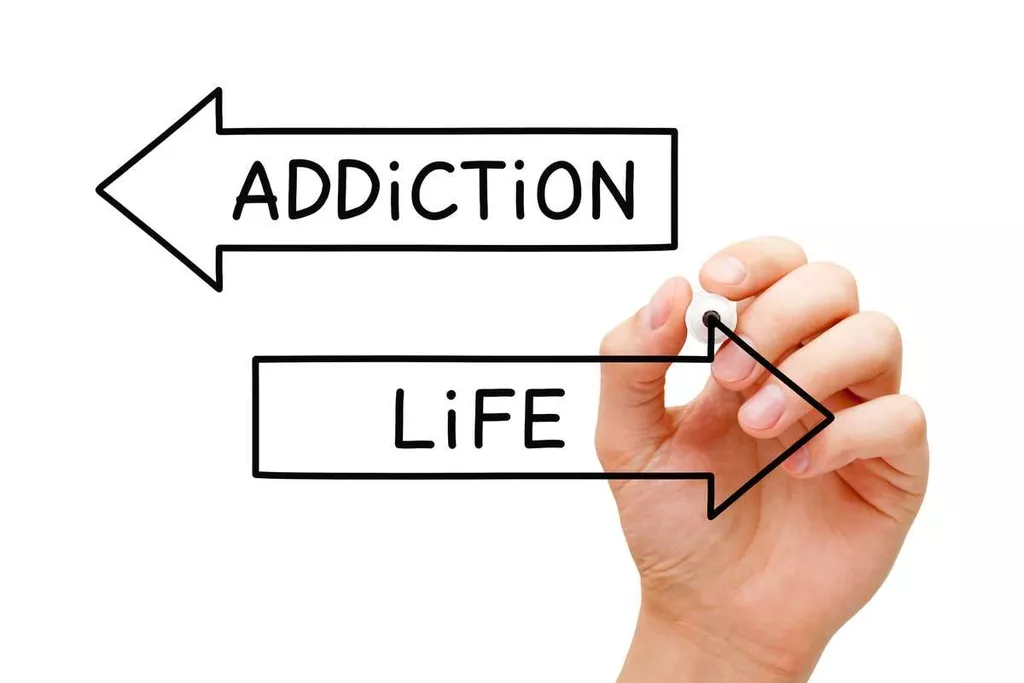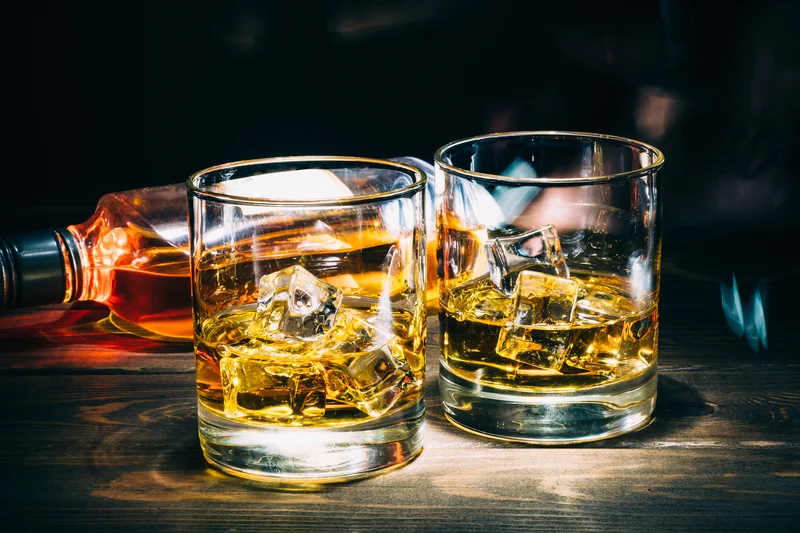Alcohol: Does it affect blood pressure?

Okuno et al64 have reported prolonged elevation of serum angiotensin converting enzyme (ACE) activity in alcoholics suggests that angiotensin II levels are elevated due to activation of ACE activity. Alcohol ingestion in dogs alcoholism treatment caused sustained RAS activation with progressive increases in plasma levels of Angiotensin II, renin activity, left ventricular ACE enzyme activity, and left ventricular myocyte Ang II AT1 receptor expression65. This mechanism is more likely implicated in alcohol-induced hypertension.
Does Alcohol Raise Blood Pressure?
- Hypertension, or high blood pressure, refers to when the force of the blood (blood pressure) against the walls of your blood vessels is consistently too high.
- Olmatec (Olmesartan), also known as Benicar in the United states is a blood pressure medication that is classified as an Angiotension II Receptor Blocker (ARB).
- Once screened, the most effective strategy for physician advice for heavy drinkers is a brief intervention—a 10‐minute conversation with the patient focusing specifically on the association between unhealthy drinking and BP.
For high‐dose alcohol studies, we did not find any significant difference between blinded and unblinded studies. We did not consider the lack of blinding of participants as a downgrading factor for certainty of evidence because we do not think that it affected the outcomes of this systematic review. Changes in blood pressure and heart rate after alcohol consumption were not the primary outcomes of interest in most of the included studies. We do not think participants were anticipating any significant influence on blood pressure or heart rate after drinking. Another non-pharmacological prevention and treatment of alcohol-induced hypertension is physical conditioning or exercise training. There is a physiological basis for effect of physical conditioning on chronic alcohol-induced hypertension in a rat bp alcohol model.
Covault 2014 published data only
One approach included overexpression of proteins such as insulin-like growth factor (IGF-1), which stimulates growth and cell proliferation and has antiapoptotic effects (see Zhang et al. 2014). In contrast to control mice, the IGF-1–expressing animals exhibited no evidence of changes in expression of antioxidant enzymes (i.e., superoxide dismutase-1) or any decreases in contractile function after 16 weeks of ethanol consumption. The findings suggest a protective effect of overexpression of IGF-1 in the transgenic animals (Zhang et al. 2014).

Public Health Recommendations
We most often used the reported endpoint SE/SD value to impute the SE/SD of MD. This is known to provide a good approximation of the SD of change in BP so is unlikely to lead to bias. Also, only 10 out of 32 studies reported changes in MAP after alcohol consumption along with SE/SD (Buckman 2015; Dumont 2010; Foppa 2002; Karatzi 2005; Karatzi 2013; Kojima 1993; Maufrais 2017; Maule 1993; Narkiewicz 2000; Van De Borne 1997). So, we had to calculate missing MAP values from reported SBP and DBP values using the formula mentioned in the protocol and we imputed the SE/SD for those. We also found moderate‐certainty evidence showing that alcohol raises HR within the first six hours of consumption, regardless of the dose of alcohol. Moderate‐certainty evidence indicates an increase in heart rate after 7 to 12 hours and ≥ 13 hours after high‐dose alcohol consumption, low certainty of evidence was found for moderate dose of alcohol consumption.

In contrast, women eliminate alcohol from the body a little faster than men (Thomasson 2000). Different genetic variants of ADH and ALDH enzymes have been found to show strikingly different rates of alcohol metabolism among different races (Chen 1999; Peng 2014; https://ecosoberhouse.com/ Agarwal 1981). If you have high blood pressure, do not drink alcohol or don’t drink much alcohol. For healthy adults, that means up to one drink a day for women and up to two drinks a day for men. Dr. Azadeh Beheshtian is certified by the American Board of Internal Medicine in both cardiovascular disease and internal medicine.
